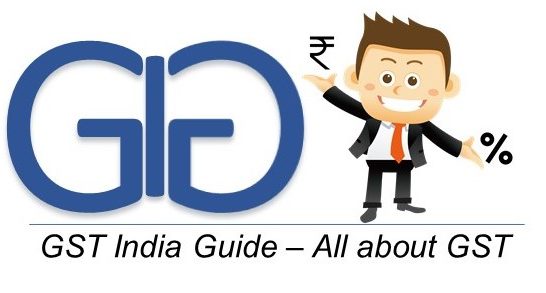The implementation of the Goods and Services Tax (GST) bill in India will lead to a tax neutral business environment in the country, regardless of the location, according to CBRE. The new tax regime will result in a seamless integration of goods and services transactions across the states and will have a positive impact across the retail value chain.
“The implementation of GST will make doing business in India tax neutral, irrespective of location. This means that there will be a seamless integration of goods and service transaction across the states which will have a positive impact at different stages of the value chain,” Jasmine Singh, head, industrial & logistics services – India, CBRE South Asia Pvt Ltd, exclusively told Fibre2Fashion.
Read All About GST from Beginning
Talking about the effects of GST on retail and e-commerce sectors, Singh said “The implementation of GST will also result in cost saving, both at the back end and on rentals. Supply chain efficiencies are expected to improve with standardisation of tax structures across states. This is expected to have a positive impact on retailers.”
GST will be beneficial for retailers as it will drive demands for various goods and services and will make supply chain dynamics a deciding factor for companies.
“GST will result in reduction of the overall tax burden on products and services, propelling demand. Warehousing decisions will no longer be dictated by the comparative tax advantages of various states, thereby enabling companies to make decisions based on supply chain dynamics. With no state boundary hurdles, the concept of large mother hubs will increase. This would result in improved efficiency and economies of scale,” explained Singh.
Besides being beneficial for retailers, the GST bill will also be of advantage for consumers.
“With the GST being implemented, a common market for all goods and services will be created. The removal of several state level taxes will result in a transparent taxation system and reduce the overall cost of handling goods and services. For e-commerce consumers the resulting supply chain efficiencies will lead to faster delivery of products and improved market outreach,” concluded Singh.
The Union Cabinet chaired by Prime Minister Narendra Modi has already approved the four GST bills – Central GST (CGST), Integrated GST (IGST), Union Territory GST (UTGST) and the compensation bills. The bills were approved by the GST Council after thorough, clause by clause, discussion over 12 meetings held in the last six months. (KD)
Fibre2fashion, 25 March 2017

